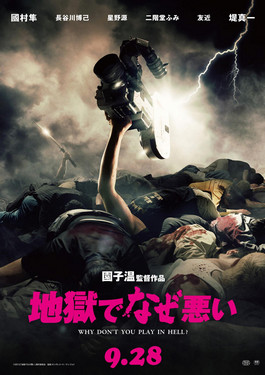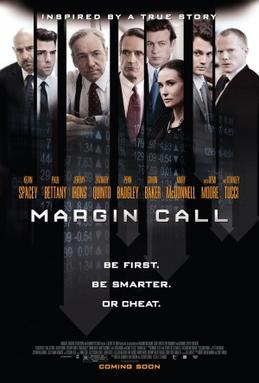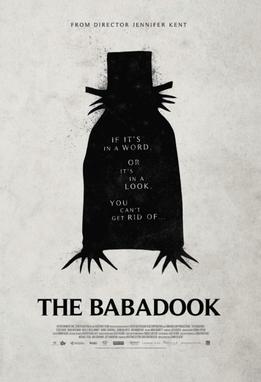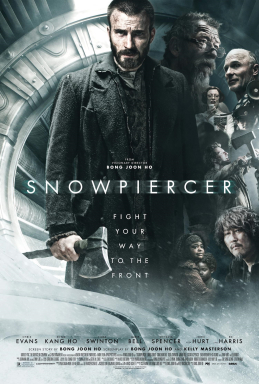93. Carnage (2011, dir. Roman Polanski)

I haven't seen this performed on stage, but about the most common criticism of the film is with this comparison. Maybe they're right. Or maybe that's exactly the kind of specious presumption made by venal urbane pseudointellectuals that are so viciously skewered here. I don't know. I do know this. This film is a petty, nasty riot of the sour veneers and barely disguised spite that passes for a banal sense of social superiority, where the only sympathy earned is by the god damn hamster. Terrible and hilarious.

I haven't seen this performed on stage, but about the most common criticism of the film is with this comparison. Maybe they're right. Or maybe that's exactly the kind of specious presumption made by venal urbane pseudointellectuals that are so viciously skewered here. I don't know. I do know this. This film is a petty, nasty riot of the sour veneers and barely disguised spite that passes for a banal sense of social superiority, where the only sympathy earned is by the god damn hamster. Terrible and hilarious.
 Check out my podcast:
Check out my podcast: 


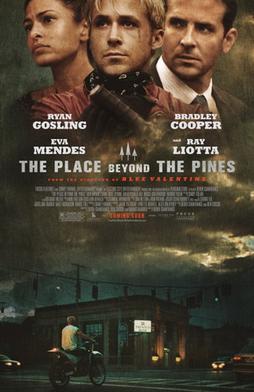
 )
)